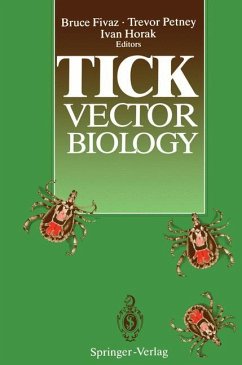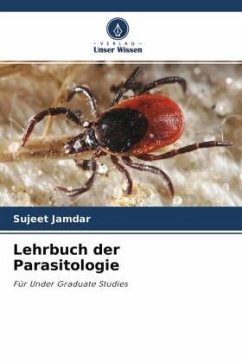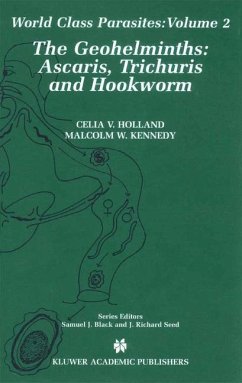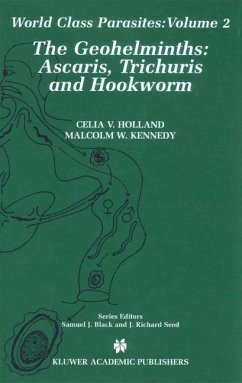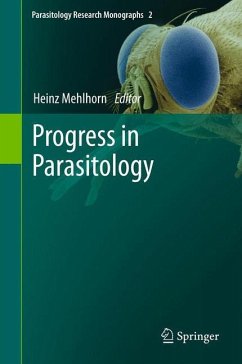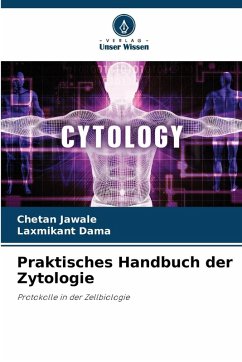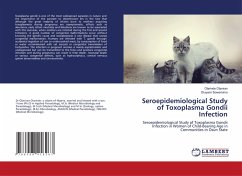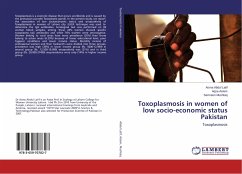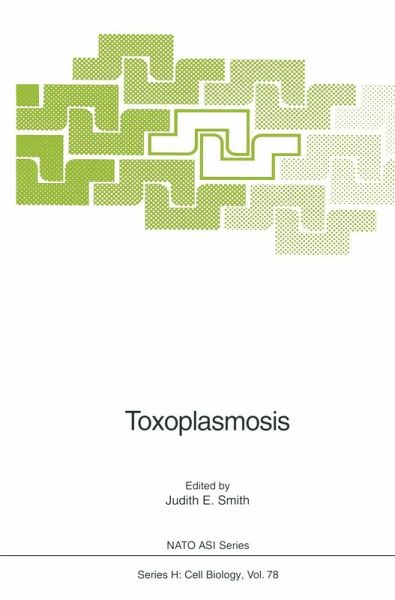
Toxoplasmosis
Versandkostenfrei!
Versandfertig in 1-2 Wochen
77,99 €
inkl. MwSt.

PAYBACK Punkte
39 °P sammeln!
Although long known as a parasite of medical and veterinary importance, interest in Toxoplasma gondii has increased with its emergence as a major cause of death in immunosuppressed individuals, and with recognition of its suitability as a model system for molecular and cellular investigations of apicomplexan parasites. The NATO workshop brought together 32 scientists working in different areas of toxoplasmosis research to gain an overview of progress in the field. Molecular studies have been carried out on genomic and extrachromosomal DNA. They reveal that Toxoplasma is very highly conserved, ...
Although long known as a parasite of medical and veterinary importance, interest in Toxoplasma gondii has increased with its emergence as a major cause of death in immunosuppressed individuals, and with recognition of its suitability as a model system for molecular and cellular investigations of apicomplexan parasites. The NATO workshop brought together 32 scientists working in different areas of toxoplasmosis research to gain an overview of progress in the field. Molecular studies have been carried out on genomic and extrachromosomal DNA. They reveal that Toxoplasma is very highly conserved, genetic mapping is underway and preliminary linkage analysis suggests recombination is rare; moreover all virulent strains share the same isoenzyme markers and are seen to be essentially clonal by RFLP analysis [Boothroyd, Darde, Wilson]. Despite considerable structural homology between Toxoplasma and related apicomplexan parasites there is little direct overlap in gene sequence data. Good progress has been made in cloning functional genes and in elucidation of PI anchors [Cesbron-Delauw, Johnson, Mercereau-Puijalon, Striepen]. The structure of molecules on the surface and within dense granules, rhoptries and micronemes has in some cases been determined and provides clues as to the targetting and function of these proteins.



